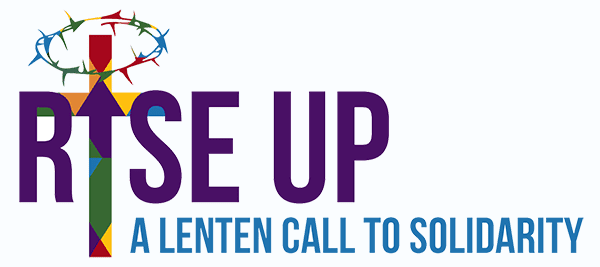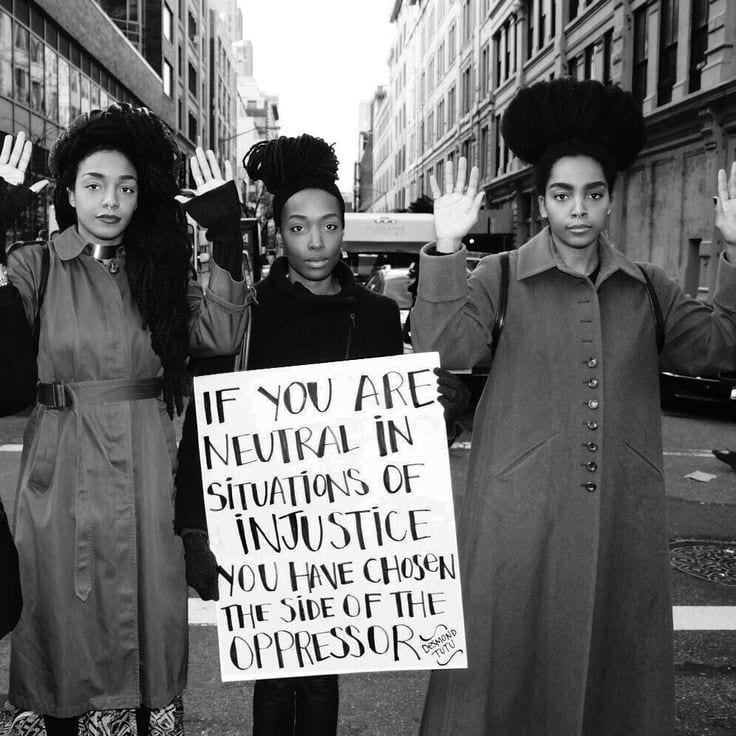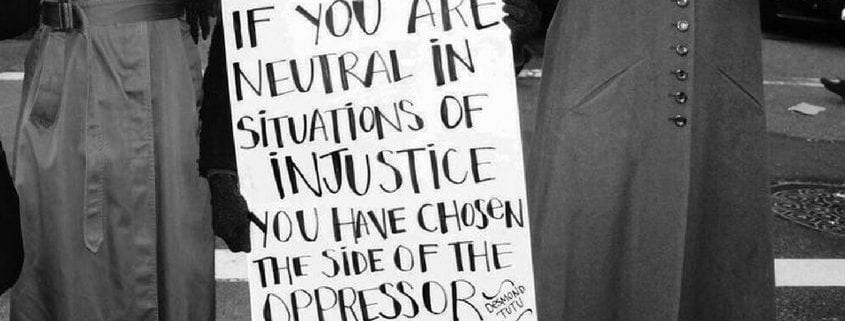Day 17: The Complacency of Reuben
BY ISAIAH BLAKE & ERIC KREBS | March 17, 2017
Today’s Readings

Examples of injustice are present in all of Joseph’s brothers in today’s reading from Genesis. The means by which injustice is realized, however, varies: there are those who wish to hate, and there are those who fail to love.
 The past few months have exposed the hatred that plagues our nation—echoes of the deadly jealousy witnessed in Joseph’s brothers. The recent rise in hate crimes, demonization of immigrants, and resurgence of the destructive “War on Crime” are all evidence of how the illusion of race has fostered visceral anger. The immense hostility of Joseph’s brothers is the same venom that incites racism, and the complacent nature of Reuben is the vehicle by which such hatred is legitimized.
The past few months have exposed the hatred that plagues our nation—echoes of the deadly jealousy witnessed in Joseph’s brothers. The recent rise in hate crimes, demonization of immigrants, and resurgence of the destructive “War on Crime” are all evidence of how the illusion of race has fostered visceral anger. The immense hostility of Joseph’s brothers is the same venom that incites racism, and the complacent nature of Reuben is the vehicle by which such hatred is legitimized.
Relative to his brothers, Reuben is the voice of reason—he understands that murdering his brother is wrong. We must always recognize when injustice is present, as Reuben did, but our response simply cannot be both just and comfortable. Though Reuben recognizes the wrong of murder, his actions prioritize his own safety over justice—a failure to love. Comfortable justice does nothing more than perpetuate and validate injustice. When we throw Joseph into the cistern by allowing our fear of discomfort to stop us from speaking out, we are Reuben. When we don’t see color, we are Reuben. When we limit our advocacy to Facebook and Twitter, we are Reuben. When we call ourselves feminists but allow “boys to be boys,” we are Reuben.
When we see the fault in our present, we are aptly acknowledging hate, but we must not fail to fully love. Comfortable justice is simply comfort with injustice.
Reflection questions:
- When are you Reuben in the face of injustice?
- How will you promote justice in the face of comfortable complacency?
Isaiah Blake & Eric Krebs are seniors at Xavier High School in New York City. At the 2016 Ignatian Family Teach-In for Justice, Isaiah and Eric led a breakout session named Race, Sexuality, and Manhood.
Isaiah is from Brooklyn, New York. After the 2015 Ignatian Family Teach-In for Justice, he was inspired to create a much-needed a conversation about race at Xavier: the birth of the The Spectrum. In his free time, Isaiah cooks and sings.
Eric Krebs is from Queens, New York and is the son of a union electrician and a school secretary. He is a founding co-president of his high school’s racial justice society The Spectrum. In addition to being an advocate for social justice, Eric is a musician and photographer.









I lived for 3 years in El Paso, sharing my life with unaccompanied immigrant children. I felt in my womb the need to cry out, “why are we afraid of these little children? Are they some kind of terrorists? I believe we are all children of God, no one can take his from us